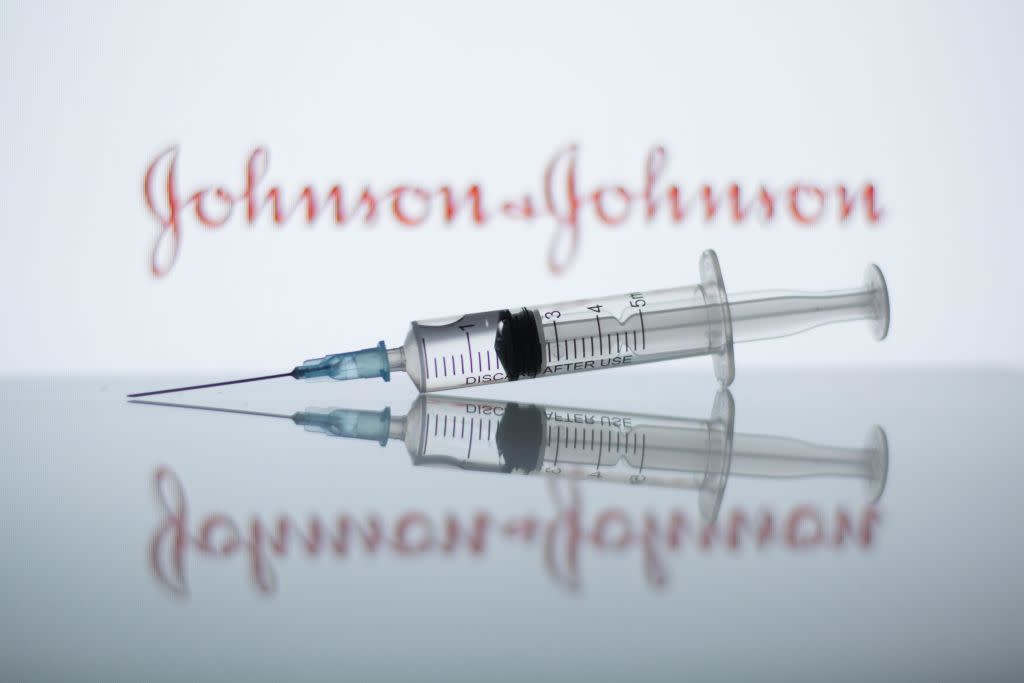Another COVID-19 vaccine is almost ready to start shipping – a single dose inoculation by Johnson & Johnson’s Janssen Pharmaceuticals subsidiary. The company has just released an efficacy report based on data from its Phase 3 trial, which found that the new vaccine is 66% effective overall in preventing moderate to severe incidents of COVID-19 in those who received the vaccine, and 85% effective in preventing serious illness.
These numbers are not as impressive as the numbers reported for the Moderna and Pfizer / BioNTech vaccines that are already being distributed through emergency FDA approval, both reporting 90% + effectiveness. But the Johnson & Johnson vaccine is a single injection, rather than a two-stroke treatment, which should make delivery much easier and faster. The vaccine also showed 100% effectiveness in preventing hospitalization or death among trial participants, 28 days after vaccination, which is a key measure when considering the broader impact of COVID-19 on health resources. Effectiveness varied by region, with the jab proving to be 72% effective in the US in moderate and severe cases versus 66% globally.
It is also important to note that the Johnson & Johnson Phase 3 test is taking place amid the emergence of new strains of the virus, including much more contagious versions, such as the UK and South Africa variants. and BioNTech released their test data, these variants had not yet emerged or been confirmed by pandemic researchers.
The Johnson & Johnson vaccine uses a modified version of a common cold virus to deliver DNA that provides a person’s body with instructions on building a replica of the spike protein that SARS-CoV-2 uses to bind cells. The modified adenovirus cannot replicate in human cells, however, which means that it will not lead to the disease – just an immune response that can later be used to combat the contraction of the virus that leads to COVID-19. This method of adenovirus is much more proven in terms of use in human patients than the mRNA method that the other vaccines currently in use employ.
All of this means that, despite the headline numbers that seem to fall short of the data we saw from Moderna and Pfizer, this report from Johnson & Johnson is actually very encouraging. The company says it expects to file an application for emergency use approval (US) from the FDA in February, which could begin shipping next month, adding another weapon to the arsenal to fight the global pandemic.
